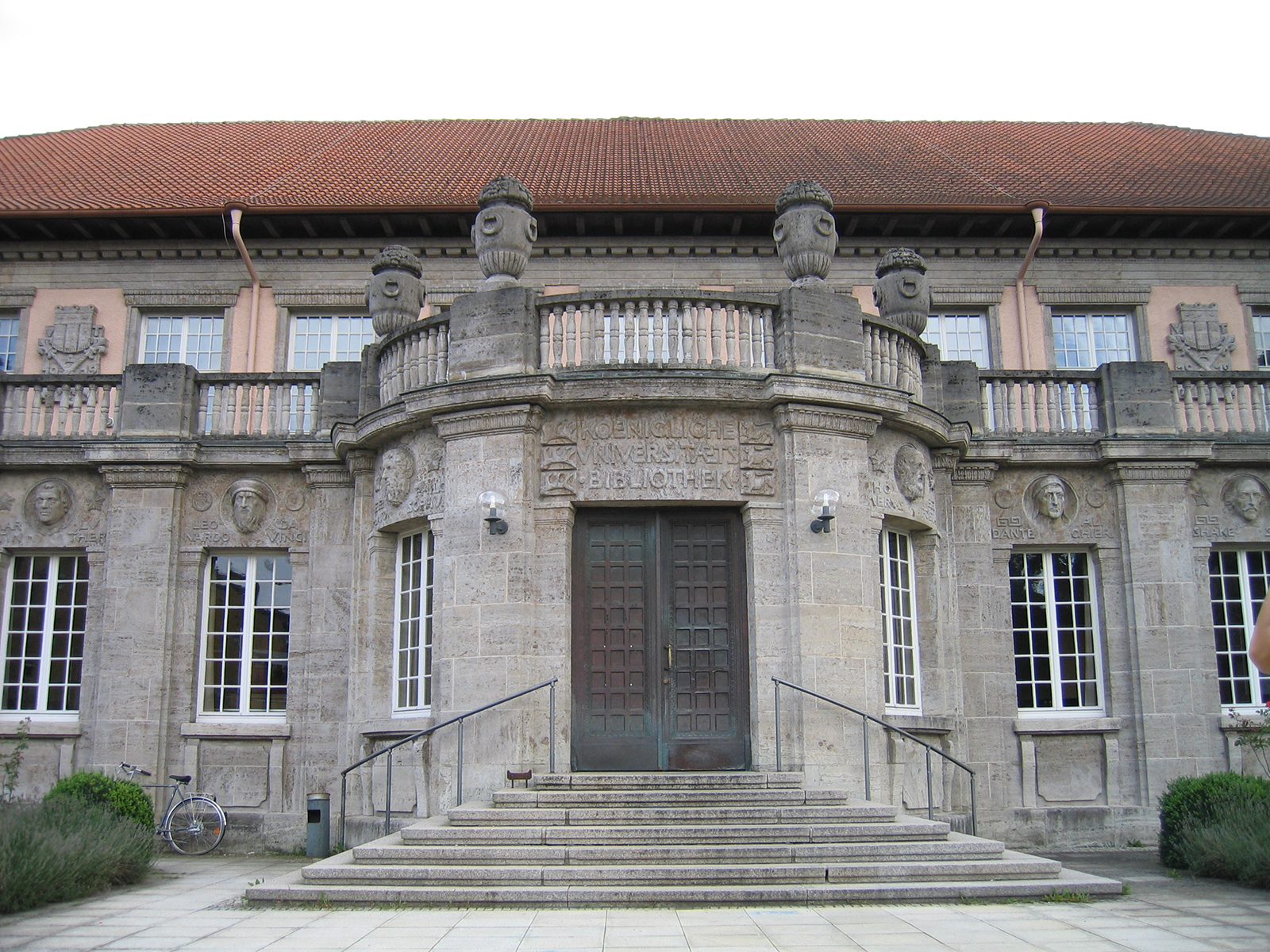University of Tübingen: National artificial intelligence competition honors student teams
A total of ten student teams competed in the final of the 4th Federal Competition for Artificial Intelligence (BWKI) in Tübingen on Friday with their submitted AI projects: from fake news filters, language translation apps to chemical-free weed control through drone spotting – for the The selection from the range of applications was not an easy decision for the jury.
This year’s main prize, worth 1,500 euros, went to 17-year-old David Rutkevich from Leer in East Friesland, registered as ” camel_case “. He has developed an algorithm that analyzes white blood cells. This helps to detect viral diseases such as monkeypox or HIV. Efficient and cheaper AI-based methods could also improve medical diagnostics in poorer countries. He also won an internship at Fanuc, where he gained in-depth insights into industrial automation.
The 15-year-old Christian Krause from Rottum in Upper Swabia, entered as “ampfer_mampfer”, received the 500-euro cash prize in the special category “Environment and Sustainability”. He has developed an algorithm that recognizes the field weed sorrel in drone images and positions it precisely: the perfect basis for targeted mechanical weed removal by robots instead of chemical weed killers.
The winners in the special category “Hardware” were Alexander Lowa and Moritz Erbe with their team “Droneso.me”. The 18-year-olds from the Spreewald were happy about a cash prize of 750 euros. Thanks to “Droneso.me”, medical aids could in future reach their destination in no time at all by autonomous, intelligent transport drone – without wasting time in traffic jams or at red traffic lights.
The “Team Orion” from Hamburg was awarded the young talent prize. The two 17-year-olds Vincent Elster and Caspar Pagel have developed an AI that recognizes tweets with fake content and warns the user. Their application example: The Queen is not dead. The team received a cash prize of 500 euros.
Everyone who stayed at home had the chance to watch the event live on YouTube – and to reward their favorites with the audience award. This – endowed with 500 euros – went to two teams for the first time this year: Among them “Captcha-AI Bot” consisting of 17-year-old Jacob Bürkle from Dreieich in Hesse. He challenged the Captcha test with an algorithm. Captchas are used to ensure that a human, and not a machine, is logging into user accounts or filling out web forms. The 15-year-old Christian Krause from Rottum in Oberschwaben from “ampfer_mampfer” was equal with “Captcha-AI Bot” and was able to enjoy two prizes in the evening.
The Gymnasium Neuenbürg in Baden-Württemberg secured the title “AI School of the Year”. More than 80 students had previously taken part in the BWKI’s free AI course. As a prize, the high school receives a class set of a robotic flower inspired by the plant world.
Pupils from secondary schools were asked in spring to develop their own AI project alone, in a team of up to four people or as a class community – and thus make a social or ecological contribution, for example. After submitting the project ideas in mid-May, the young people had six months to implement them. Ten teams qualified for the final on October 14th and had the chance to present their projects to the jury in Tübingen and to inspire them.
The day ended with a joint party, where the Algorave duo “ Crash Server ” from Strasbourg programmed electronic sounds live and projected the corresponding computer codes onto a screen.
“Artificial intelligence is changing the economy and society massively. It is therefore important not only to understand them, but also to use them creatively and responsibly. The competition encourages young people to do just that,” explained Dr. Felix Streiter, Managing Director of the Carl Zeiss Foundation, which is sponsoring the national competition for the third year running.
“In the meantime, we are feeling everywhere that we urgently need good ideas for a good future. The BWKI is intended to strengthen the self-confidence of our young people and encourage them to look for new solutions with new technologies,” said Professor Matthias Bethge, co-initiator of the competition and head of the Tübingen AI Center , a research institution recently founded by the federal and state governments University and the Max Planck Institute for Intelligent Systems in Tübingen.
The jury for the competition this year included: Dr. Philip Häusser (physicist and moderator), Prof. Dr. Matthias Bethge (initiator of the competition, director of the Tübingen AI Center ), Dr. Wieland Brendel (Max Planck Institute for Intelligent Systems Tübingen) and Prof. Dr. Bernhard Schölkopf (director of the Max Planck Institute for Intelligent Systems in Tübingen), André Gatzke (TV presenter, including the show mit der Maus), Pina Merkert (editor at c’t Magazin and maker), Julia Nitsch (robotics and ML expert ), Alexander Kleiner ( Chief Expert Navigation and Coordination of Autonomous Systems at Bosch), Jan Seyler (Head of Department and Development FESTO), Andrea Kranzer ( Business Angel and start-up investor in the areaAI & Health ), as well as Boris Gibba and Elisabeth Knigge as BWKI alumni.
The federal artificial intelligence competition will be advertised again next year. The main sponsor of the competition is the Carl Zeiss Foundation. The competition was also supported by Bosch, Festo, Fanuc, the publishing house Droemer and Knaur as well as c’t Magazin and was carried out in cooperation with Cyber Valley, the Stuttgart Media University and the German Marine Research Alliance.

